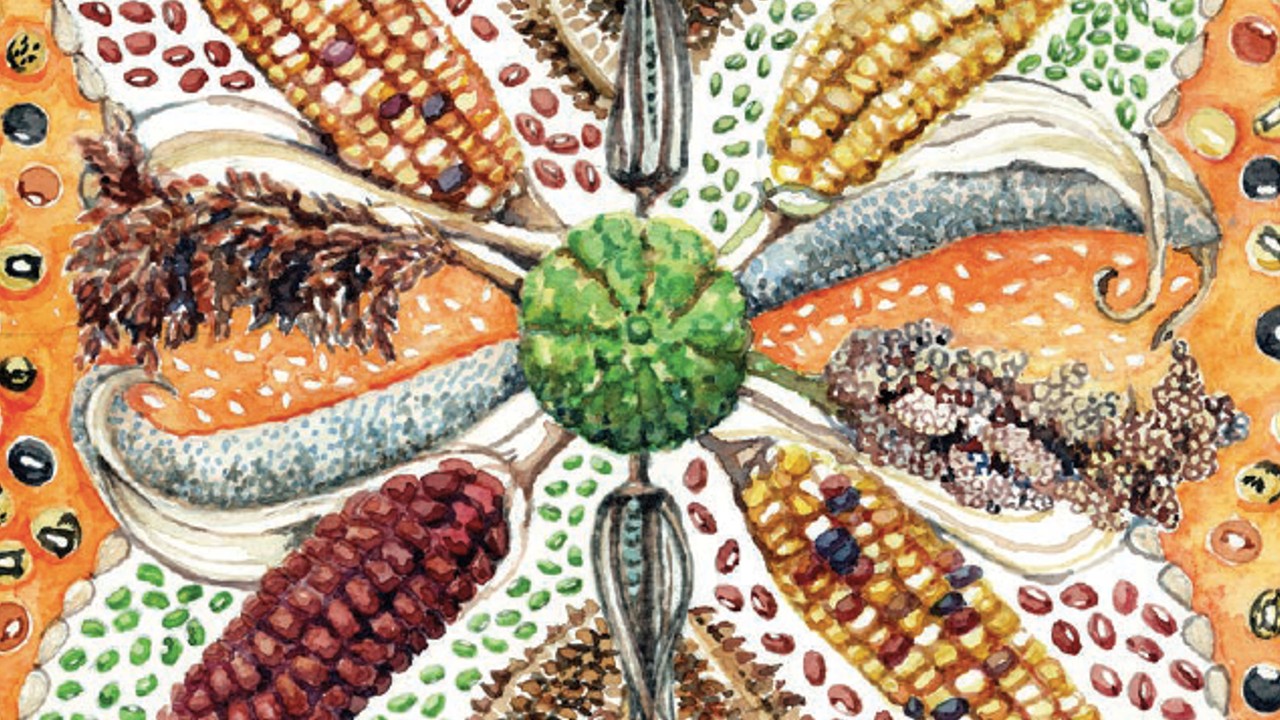Latest Resources

11 July 2016
Farm Input Subsidy Programmes (FISPs): A Benefit for, or the Betrayal of, SADC’s Small-Scale Farm...
This paper reviews the farm input subsidy programmes (FISPs) within countries belonging to the Southern Africa Development Community (SADC), to ascertain whether input subsidies have benefited small-scale farmers, have increased food security at the household and national levels, and have improved the incomes of small-scale farmers. Download the report.

2 June 2016
Integration of small-scale farmers into formal seed production in South Africa
The scoping report looks at key policies, legislation and programmes in SA with an emphasis on seed laws and considers the implications for small- scale farmer involvement in this sector and outlines a few projects on community seed production, indigenous crops and black- owned private sector seed production efforts.

4 May 2016
Changing Seed and Plant Variety Protection Laws in Tanzania – Implications for Farmer-Manag...
Seed legislation is under review in Tanzania with a view to changing this in order to further expand the role of the private sector in the commercial seed sector. This law reform is mainly targeted at the seed marketing laws (Seed Act of 2003 and its regulations of 2007) and revision of its Plant Breeder’s […]

18 April 2016
Zimbabwean smallholder support at the crossroads: Diminishing returns from Green Revolution seed ...
This scoping report is published jointly by the African Centre for Biodiversity (ACB and the Zimbabwe Small-Scale Organic Farmers’ Forum (ZIMSOFF). The report focuses on government and donor farm input subsidy programmes (FISPs) and seed aid in facilitating the spread of Green Revolution technologies and raises questions about who really benefits from these programmes. It […]

9 November 2015
Which way forward for Zambia’s smallholder farmers: Green Revolution input subsidies or agroecology?
In this report, we provide a critique of the Green Revolution Farmer Input Subsidy project in Zambia, looking at its impacts particularly for small holder farmers and their seed systems.

16 June 2014
Slavishly following UPOV 1991: A critique of Mozambique’s PVP law
In this report, the ACB provides a critique of the Mozambique PVP law and concludes that the government of Mozambique has turned a blind eye to its small-scale farmers and their seed and farming systems. The provisions dealing with the exclusive rights granted to plant breeders and the exceptions to those rights render the centuries-old […]

23 November 2012
Harmonisation of Africa’s seeds laws: a recipe for disaster
The core of the paper is focused on the pressures being exerted on African governments to adopt the 1991 Act of the International Union for the Protection of Plant Varieties (UPOV), particularly through regional harmonisation of plant variety protection (PVP) policies and laws. We also discuss the adverse impacts PVP laws will have on the […]
